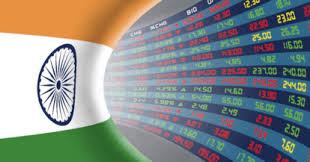

Historically, economies and markets have risen and fallen on the back of cycles in capital and human output. There have been many times where extremes or persistent trends have inevitably drawn out those that believe 'this time is different.' It is assumed because of circumstances unique to that particular oscillation that the rules of the system have changed and what often bends will break. While regulations, technology, motivations and structure can and do change; the true functioning of the markets does not. What is truly different about that current situation more often than not is that it happens to be the most recent iteration; and for many, it is the first meaningful tack they have experienced. In the run of current tide changes, we have certain practicalities to consider. Stimulus cannot continue to rise forever because there is a limit to the supply of viable assets and at a certain level it would destabilize the system. Markets cannot advance forever as asset inflation would lead to a dilution of value, hyperinflation on goods and/or a disincentivized population to produce. As for economies, cycles follow natural utilization of resources, distribution of capital and the progress in technology.